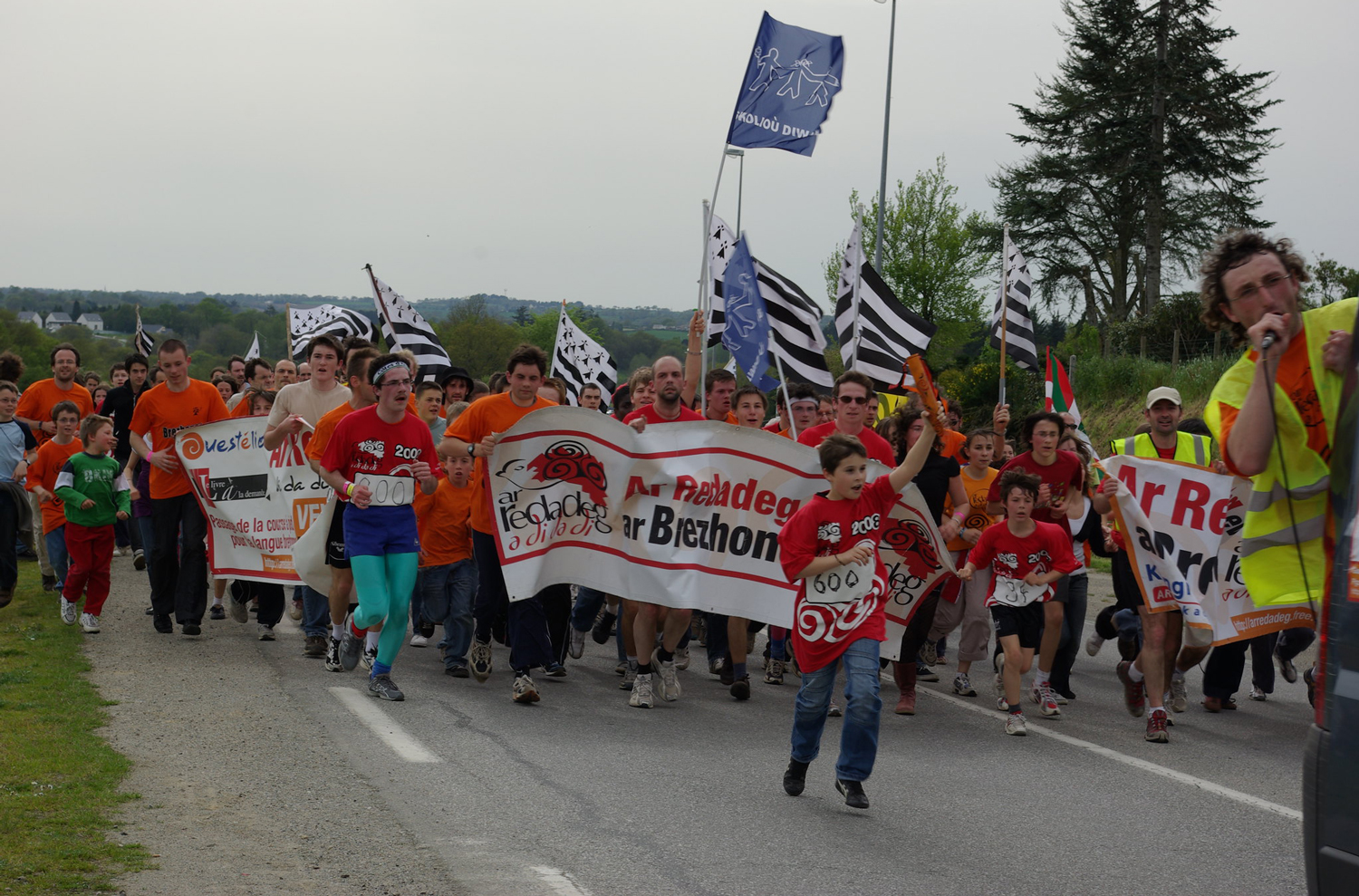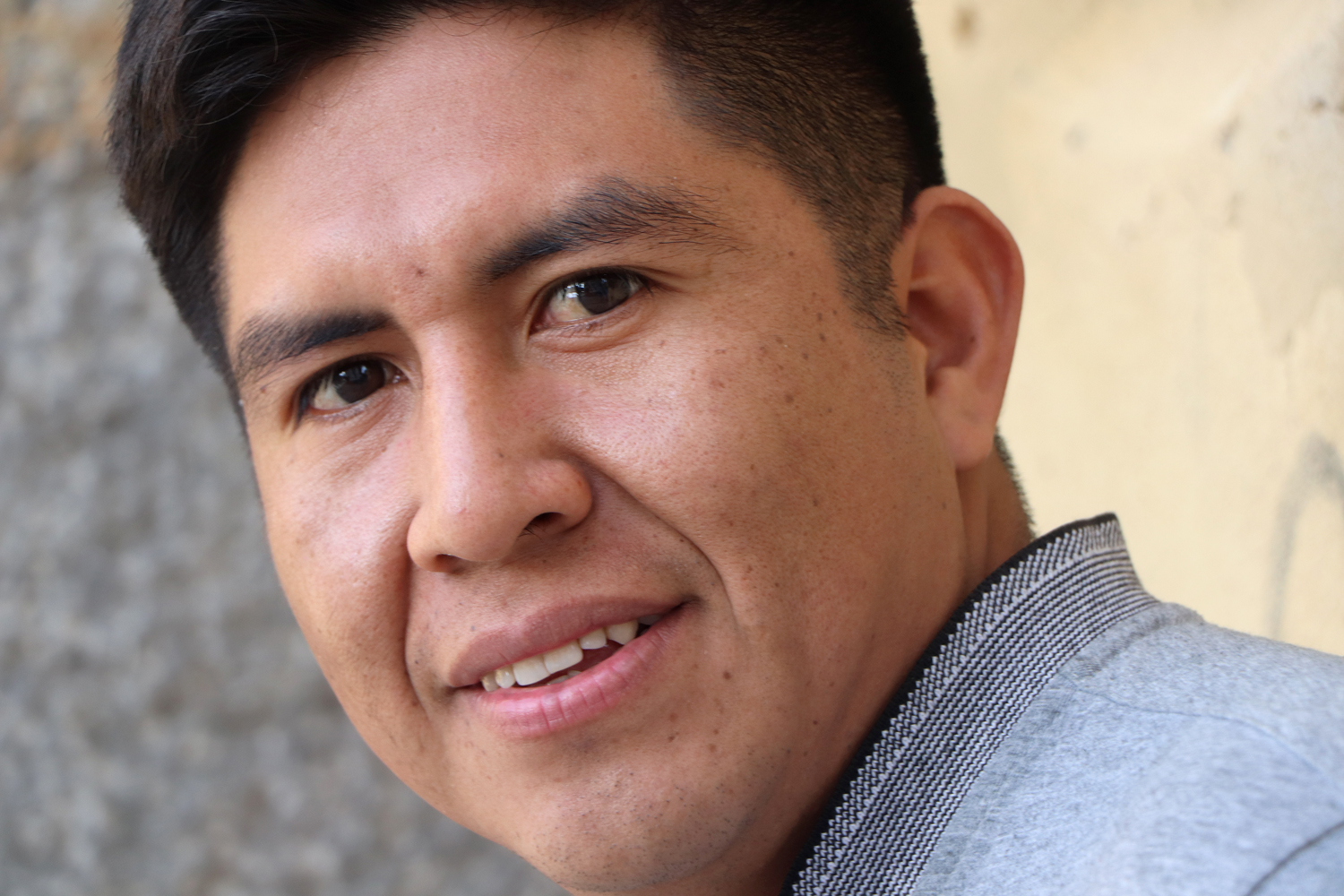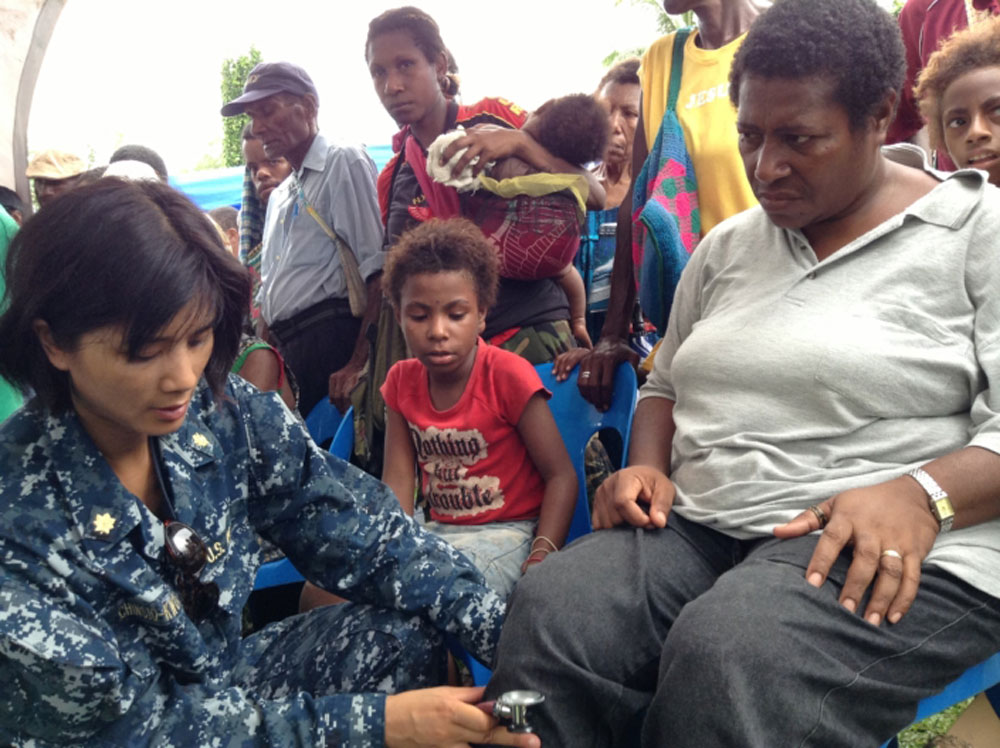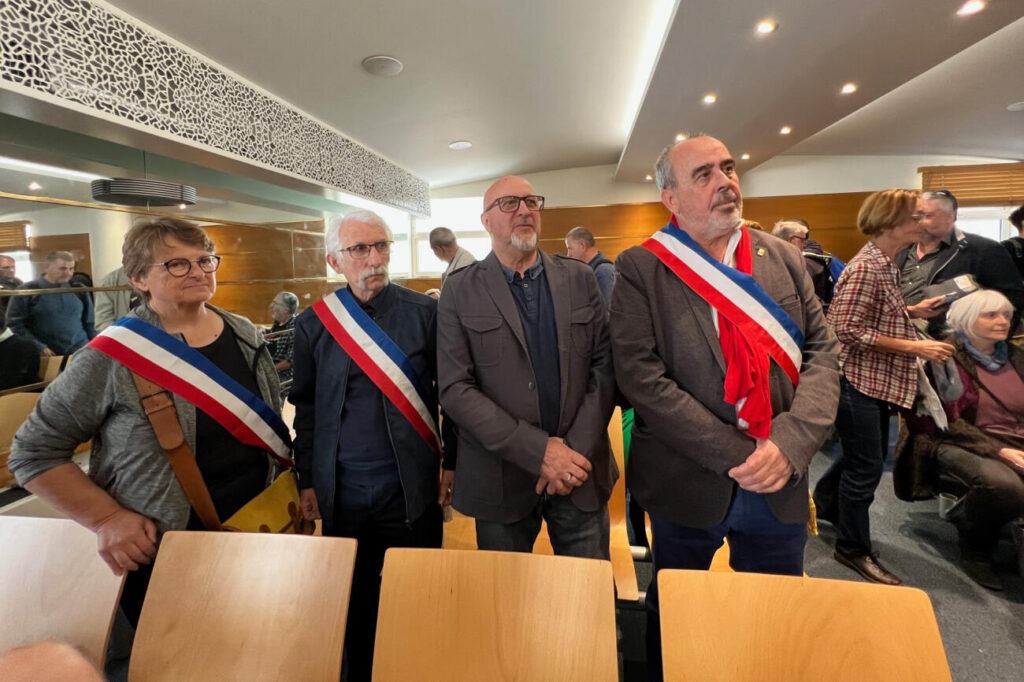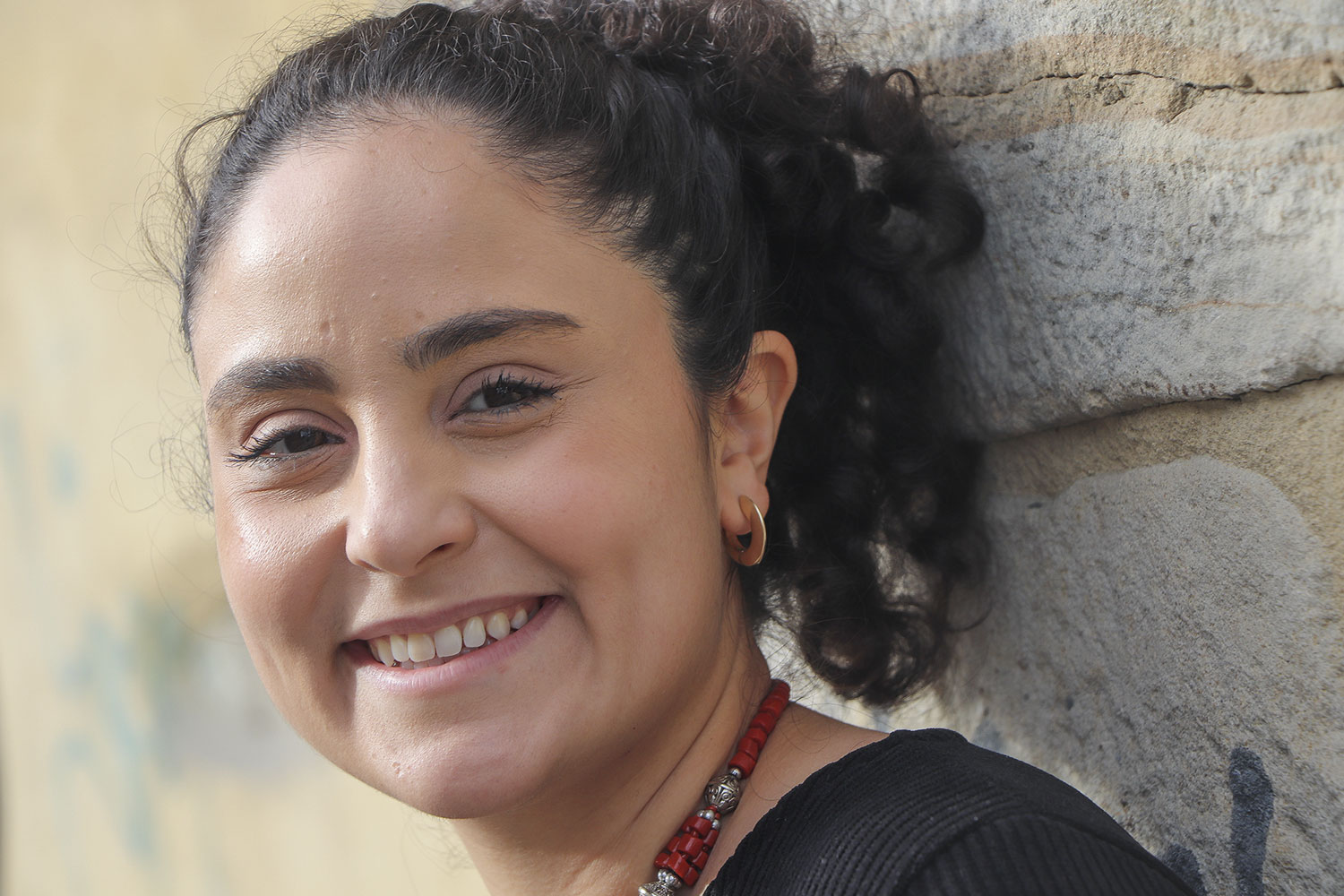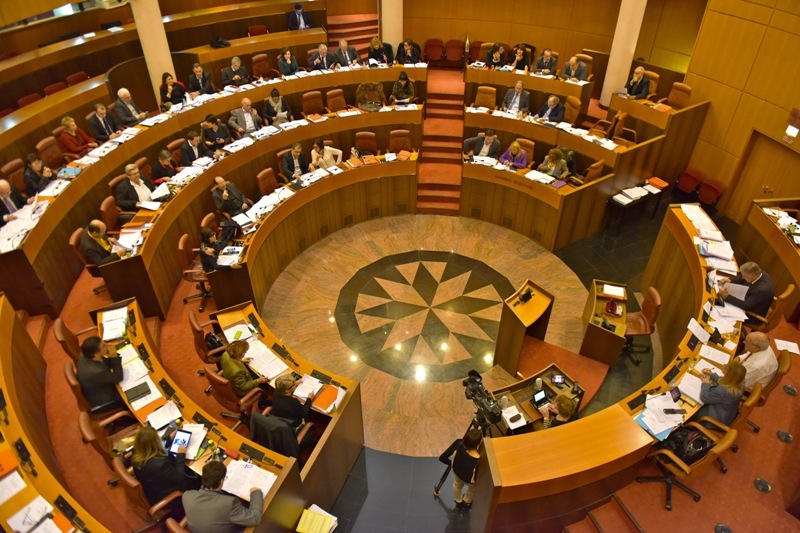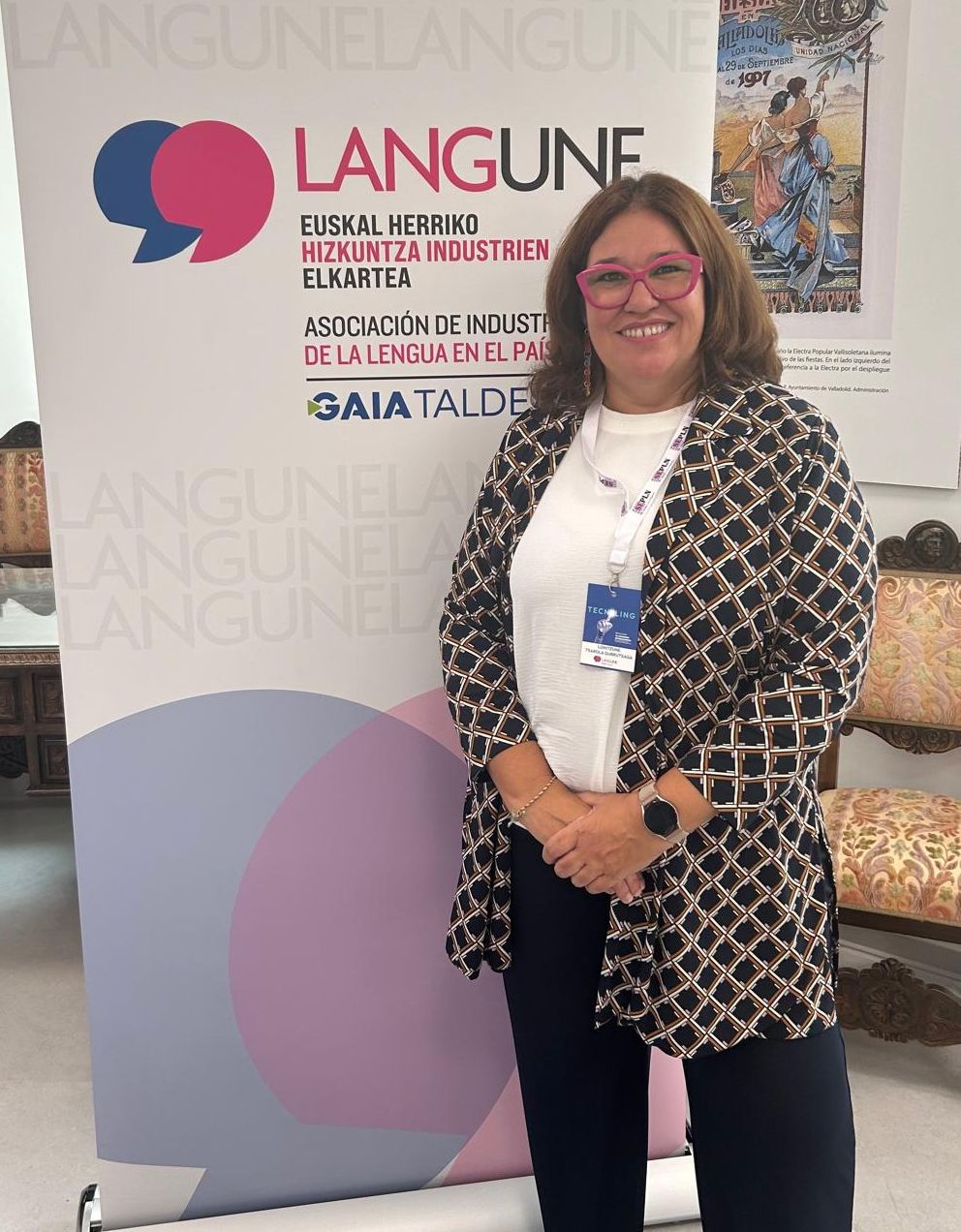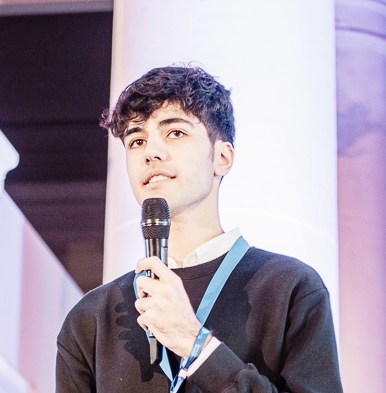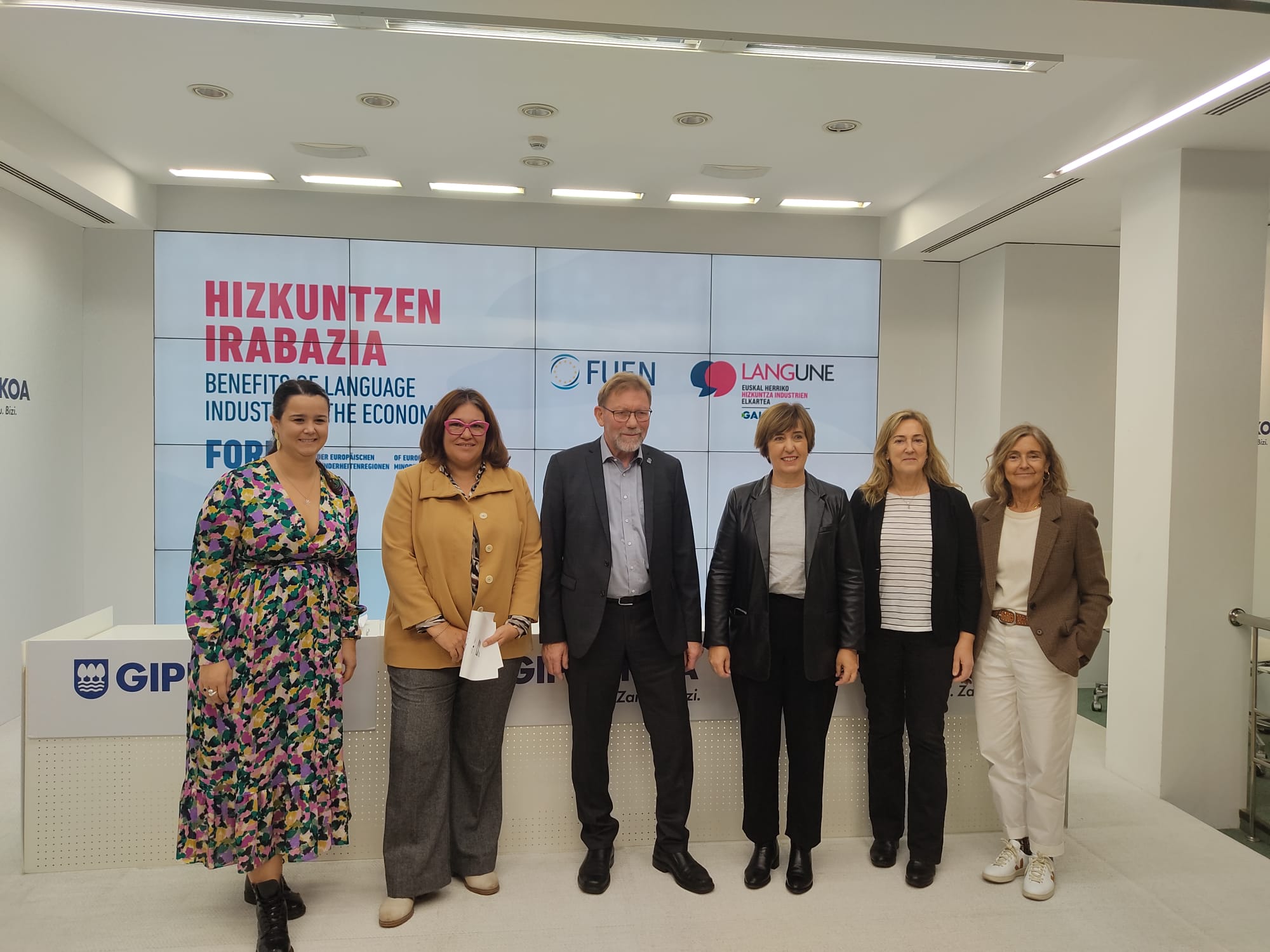Lived in a minority language congress on Wikipedia
Last week I had a few days on vacation. They were a holiday, but they were dedicated to a hobby that I spent a few hours, invested in a congress: days in a room of the same hotel and slept in the hotel in the morning and afternoon. There were a few hours left to get to know the city, but they were fair. Celtic Knot 2024 was a conference in Waterford, and I got the invitation (with the possibility of making a presentation) to come on behalf of the Cultural Association of Basque Wikilaris. I've brought some notes.
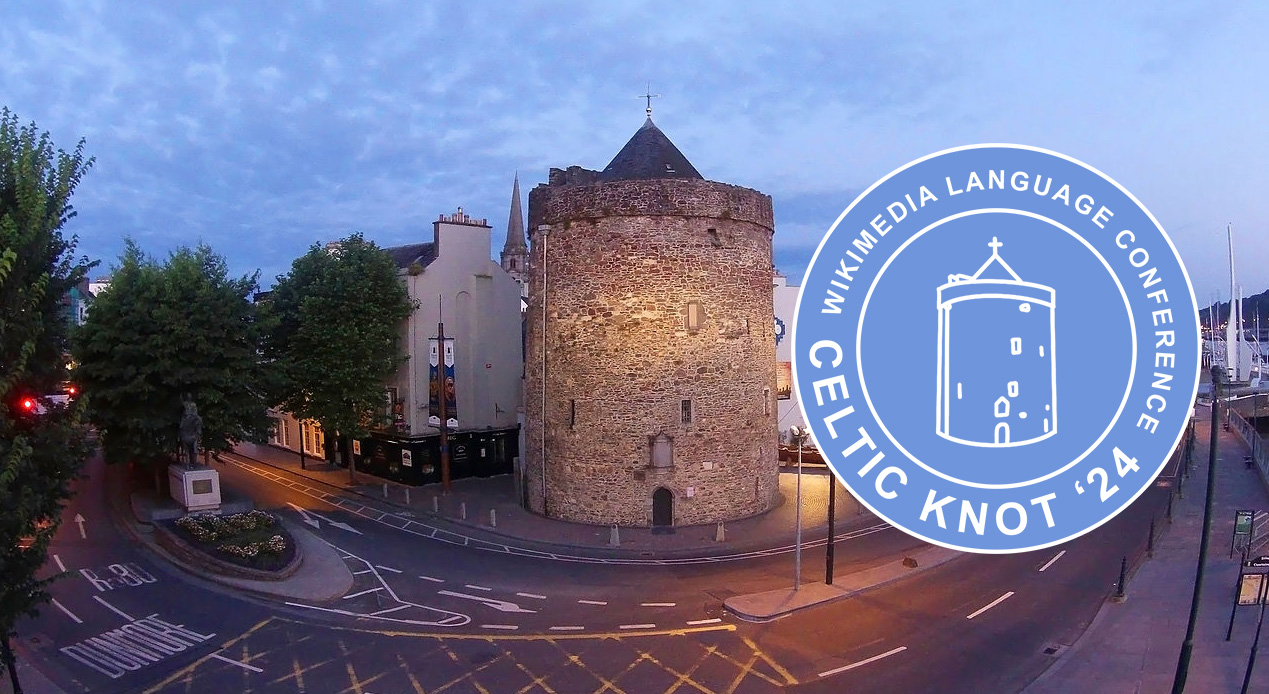
Celtic Knot is the event organized by the Wikipedias of Celtic languages, and the Basques do not belong to this group, but they do so with a global approach of minority languages so that people and ideas from other countries can join in these conferences. There have been Basque wikipedians in previous editions, and this year I and another friend (Galder Gonzalez wikimaisua) have also been there. It has been in the city of Waterford, in a deep influx of East Ireland.
For me, it's been an enriching experience, and I've brought some notes -- more than a summary, a nod. Well, for you:
- If we're small ... Most of the minority languages of Europe, except Catalan, how small are the differences of ours. The Irish Wikipedia does not seem to be very powerful either.
- Irish and Welsh are like languages on Wikipedia, of course, with projects called Vitaléid and Wicipedia, but from an organisational point of view, they are the most static branches of Wikimedia Community Ireland and Wikimedia UK. It is better the model of Euskal Wikilarien Kultur Elkartea, where we work on linguistic independence, collaborating with the chapters of Spain or France when necessary, but with our own governance and name.
- I went to introduce something that might interest the Celts, and I did it: how we used Wikidata and Wikipedia on Day One, and then the Welsh version Cwis Bob Dydd. Here's my presentation.
- Two other contributions from Euskal Herria were, with the help of Galder Gonzalez, the description of the WikiEmakumeak Erasmus+ project (not in confusion with the local Wikiemakumeak project) and the Euskal Herriko Historia 100 Objecktutan project.
- History in 100 objects... It's a project that makes me excited, and it's made in Ireland, in English and not by Wikipedia, and lo and behold, two of the items on the list were 300 meters from the assembly, but one was not on Wikipedia (the Liturgical Layer of the Three Kings), and the other (this curious document) had a photograph. Believing that I should help Ireland, I filled them with photographs on Commons (here and here).
- Digital respirators. Professor Maggie Glass delivered a conference on breathing space... The diapo that I have followed was in his speech and I think it has some important points. Then Glass’s approach went a bit around, but well, on the one hand I think that in the rules of use of Mastodon.eus there is a definition base for that digital space; and on the other, I come to mind the reflection that, with Euskaraldia again, this exercise needs an analysis of the spaces and activities for the digital space.
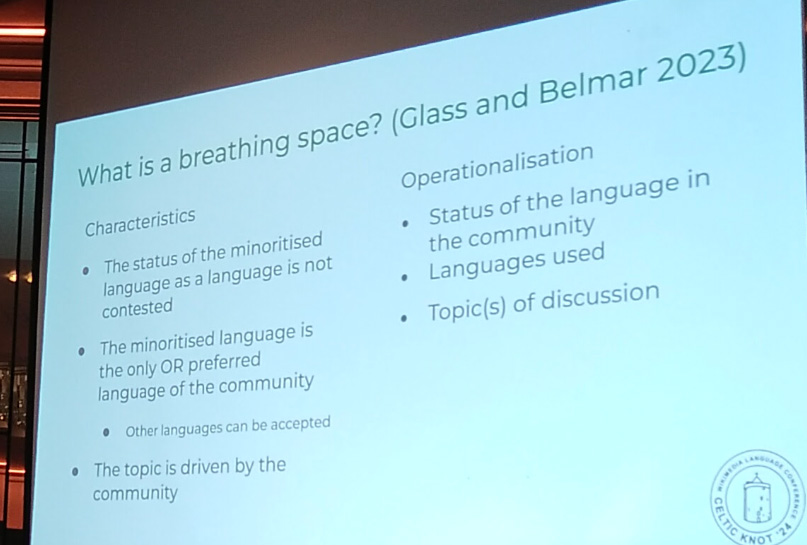
- GaelGoer presented an interesting app at the congress. A tool to connect Irish speakers. Voluntary initiative, paid by creators... No help? It looks like it does. Surprised that the Irish institutions do not have a system for subsidising the technological initiatives presented by the people.
- In Ireland -- knowing more than you think of Irish, maybe 60 percent, and knowledge is particularly widespread among the most educated. That is, the mayor or many other people can do it quietly in the Irish, as you see; but then on the street, although the administration signs appear completely in English, outside of that there is no appearance in the private world, and the connection between the speakers also seems very difficult (hence the utility of the GaelGoer application).
- So, a kind of contradiction around the Irish ... However, seeing young people who are on WikiEmakumeak Erasmus, who are engaged in Secondary Education in Gaelic and Wikipedia, seemed a nice point to me (four young people approached this congress, who belonged to another region).
- Among the initiatives of the Wikipedia Foundation I found interesting the promise of Abstract Wikipedia, and an Asturian-Alavés has an important position in it: The presentation made by Genoveva Premio, I hope we have it explaining things from Euskal Herria.
- Another initiative of the Foundation, the Incubator, in which the speakers of these minority languages are trained to carry out their projects. This was an interesting presentation. So there are projects in Wikipedia for minority languages... I don't know what momentum they have in relative terms, but there's something. Here's the video from another conference panel on linguistic diversity.
- From this incubator, the approach is open to funny minority languages: In the advanced West there are very few (Inari’s Samian, with 400 speakers), or there are some ethnic contexts in which Miloika is a speaker but scarcely lack resources: The Dagbani language in Ghana, with 3 million speakers; or the Kadazandusun language, perhaps with other Basque speakers. Meeting the experienced wikilaris of these communities has been a pleasure and a reinforcement for me.
- The Kadazandutz organized a Pitabanga when they were in Waterford: literally, Auzolana. To edit things from the area of Ireland in different languages. I loved participating.
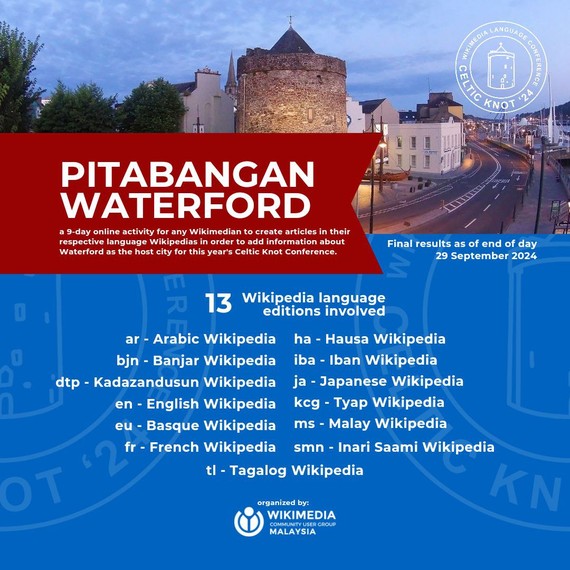
- This is my first time in Ireland. It is not a country that attracts me especially aesthetically and emotionally. Meadows with few trees and sad streets... Well, Waterford is a very interesting city in this context, founded by the Vikings and very friendly. I have not met anyone else, neither Dublin nor anything, so I do not know whether my views have any value. What is seen in the upper image is a monument of its own, the Tower of Reginalde, to which we had a congress. On the same street, another 200 meters away, the abertzale Thomas Francis Meagher displayed the Irish tricolour flag that he himself invented in 1848. There's a statue there, and when I took this picture of him, they put his tie on the sword.
- I recognized the mayor of Waterford, ahead and behind.
570.000 familiak euren haurren ikasgeletako hizkuntza nagusia zein izango den bozkatzeko aukera dute martxoaren 4ra arte: gaztelera edo katalana. Garikoitz Knörr filologoaren eta euskara irakaslearen arabera, kontsultak "ezbaian" jartzen du katalanaren zilegitasuna... [+]
Iragan urtarrilaren hondarrean, Bretainiako lurraldeko bi hizkuntza gutxituei buruzko azken inkesta soziolinguistikoaren emaitzak publiko egin zituzten bertako arduradunek. Haiek berek aitortu zuten harriturik gertatu zirela emaitzak ikustean. Hain zuzen ere, egoerak eta... [+]
Oinarrizko maia komunitateko U Yich Lu’um [Lurraren fruitu] organizazioko kide da, eta hizkuntza biziberritzea helburu duen Yúnyum erakundekoa. Bestalde, antropologoa da, hezkuntza prozesuen bideratzaile, eta emakumearen eskubideen aldeko aktibista eta militante... [+]
Korsikako legebiltzarkideek ezin dute Korsikako Asanblean korsikeraz hitz egin, Bastiako Auzitegiaren 2023ko epai baten arabera. Ebazpen horri helegitea jarri zion Asanbleak, baina debekua berretsi du orain auzitegi berak. Epaiak tokiko beste hizkuntzei eragiten diela ohartarazi... [+]













